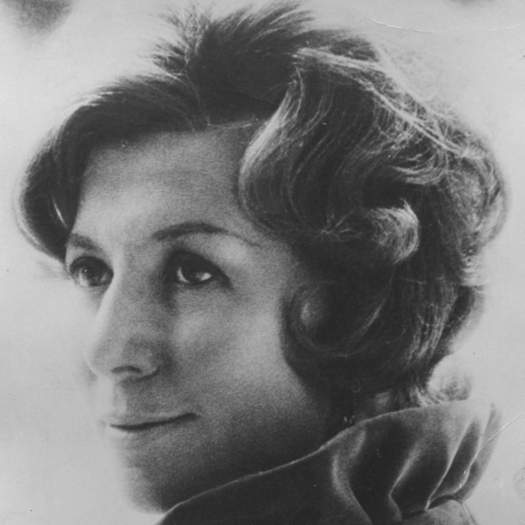 SPONSORED: DVD Spotlight. Olympic Scale - Charles Gounod's Roméo et Juliette, reviewed by Robert Anderson.
SPONSORED: DVD Spotlight. Olympic Scale - Charles Gounod's Roméo et Juliette, reviewed by Robert Anderson.
All sponsored features >>
Salah El Mahdi
Tunisian composer, conductor, flautist, music critic, musicologist and teacher Salah El Mahdi was born Mohamed Ibn Abderrahmane Ben Salah Mehdi Chérifi in Tunis on 9 February 1925. He studied at Zaytuna University, at law school and at the National School of Administration. Later, in 1981, he obtained his PhD in musicology.
He taught music in La Marsa, becoming director of that town's music institute and ensemble, and became an honorary member of SACEM. He worked as a music critic for several newspapers, performed with the theatre troupe El Kaoukab and wrote radio plays.
In 1961, working for the Secretariat of State for Culture and Information, he was instrumental in establishing the National Folk Arts Troupe, the Tunisian Symphony Orchestra, the National Society of Preservation of the Quran and the National School of Chanting the Koran. From 1982 he was general manager of national cultural activities, and was also a director of the Tunisian Conservatory. By 1987, Alain Danielou had commented that Salah El Mahdi was 'director of all the country's musical organisations'.
Salah El Mahdi's nearly six hundred compositions blend classical and folk song, eastern and western instrumental music, and include four symphonies, chamber and piano music. He won a competition to compose music for the Tunisian National Anthem.
Salah El Mahdi died in Tunis on 12 September 2014, aged eighty-nine.


